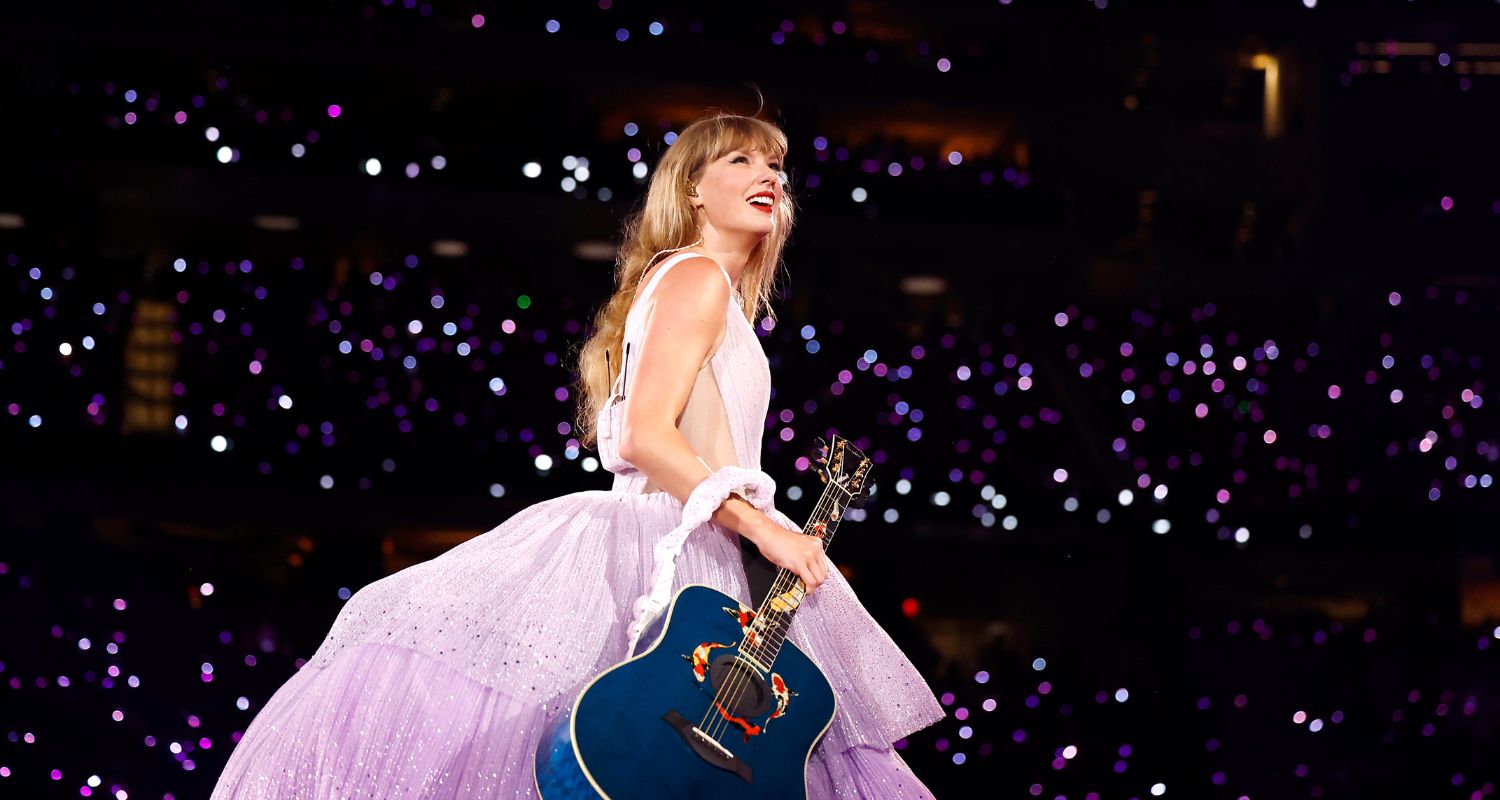It’s women’s health week this week, and while we’d all love to stand here on our highest horses and say we don’t snore, that’s probably not the case.
Whether you’re rocking a super cute little snore or a low-key freight train, it’s important to understand how your breathing is impacting your beauty sleep, and what can be done about it.
We’ve seen the rise of a series of methods such as ‘mouth taping’ on TikTok, which influencers purport to turn loud mouth breathers into silent nose breathers.
Of course, we can’t trust TikTok for our health advice, so we have enlisted the help of expert maxillofacial surgeon and sleep apnea expert Dr Paul Coceancig to decode everything you need to know.
What Is The ‘Mouth Taping Trend’?

Influencers online are using a special kind of mouth tape to hold their mouths shut at night. They say that the practice forces them to breath through their nose, so they get less dry mouths, less drooling and, they say, less snoring.
According to Dr. Coceancig, “Mouth taping involves taping the mouth shut with porous tape during sleep so people breathe through their nose.
“For normal and optimal nasal health, people should be breathing through their nose 24hrs a day. Regular air flow through the nose will clear nasal passages like running water through a dry creek bed.”
So yes, there are some benefits to the practice of mouth taping.
Is Mouth Taping Ok For Adults?
While we’re seeing lots of adults do mouth taping on TikTok, it has traditionally been used in treating children with sleep issues.
“For children it’s a training aid as children typically breathe with a chronic open mouth at night. They are the most vulnerable to developing a small upper jaw, dental crowding and underdeveloped cheekbones as a result of chronic mouth breathing as their facial structure forms,” he explains.
“Breathing with the mouth closed puts the dome of the tongue on the roof of the mouth and maximises the chance for a wide adult smile.”
Dr. Coceancig admits that mouth taping isn’t for everyone, but that given it works on a “small number of people”, there has been an upward trend in trying it for adults too.
“Mouth taping can be used to encourage people as to the benefits of regular nasal airflow throughout the night. It can support nasal health by constantly clearing the mucus we form to protect our mucus membrane. Whilst it may support breath training, it won’t reverse dental crowding, a bad bite or small cheekbones in adults.”
Does Mouth Taping Help For Snoring?

While people might breathe louder with their mouth open, it’s not actually having an open mouth that causes the snoring.
Unfortunately, it may not be the best way to ease your delicate evening drone.
“Mouth taping also has zero impact on snoring because it doesn’t impact the anatomical furniture; the jaw is already small,” explains Dr. Coceancig.
Is The Only Way To Fix Snoring A CPAP Machine?
Firstly, it’s important to address the anti-CPAP machine stigma. There’s absolutely nothing wrong with having one, and it can majorly improve your sleep.
However, Dr. Coceancig says there are other things you can do if you’re not sure the machine is right for you just yet.
“When it comes to breathing, I would encourage you to visit your GP to discuss options for breath training and breathing exercises. A breathwork facilitator may also be able to support,” he explains.
“There are a variety of factors that can contribute to snoring, disrupted breathing and sleep apnea, including obesity, smoking, alcohol consumption, and genetics.”
He also says that our facial structure can play a role in sleep apnea, and that there are some surgeries available that can help create the room you need to breath more freely.
It’s worth consulting a GP for the general treatment of your breathing.
“Snoring and disrupted breathing during sleep may be a sign of sleep apnea. Visiting a sleep physician is also a great way to affirm that you do or don’t have sleep apnea.”
He says this visit is particularly important if it’s impacting “the quality of your sleep or those around you. Or if you think it may be impacting your daily activities and general health and wellbeing.”










